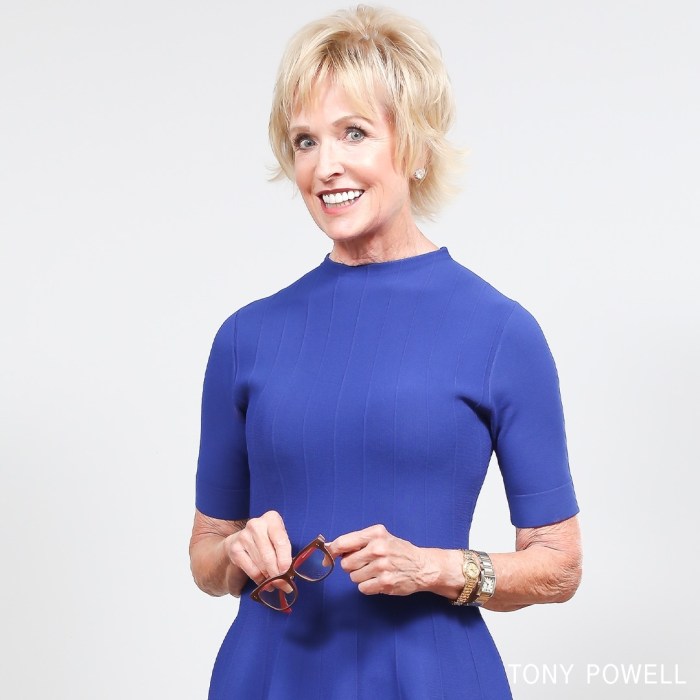By Kathy Kemper – 11/10/09 03:34 PM ET
Husain Haqqani offered a candid assessment of where Pakistan stands at my IFE / INFO Global Connections Public Policy Roundtable last Friday. In addition to being Pakistan’s youngest ambassador to the U.S., Haqqani was a strong advocate of the late Benazir Bhutto, who stood as a symbol of democracy in a country where dictatorship has long prevailed.
Pakistanis, Haqqani noted, believe that the U.S. has long used their country, not engaged it. Hillary Clinton’s trip there was significant to the extent that they saw a different side of our country. In attending town halls and visiting colleges and universities, she tried to demonstrate that the U.S. is genuinely concerned with Pakistan’s welfare. Polls showed that Pakistani approval ratings of the U.S. went up by 7 percent after her visit. Unfortunately, though, one high-profile visit is unlikely to do much, because many of the country’s woes are historically rooted. Pakistanis had no idea what suicide bombers were prior to 9/11. The U.S. supported radical Islamists in their fight against the Soviet Union, but it’s precisely those Islamists who are now waging jihad across the globe, including in Pakistan; many Pakistanis regard the Taliban as an existential threat to their country.
Although Pakistan’s economy is back on track (largely due to IMF lending), insecurity limits its ability to achieve sustained economic growth. It shares a border with a hostile neighbor (India), with a desperately poor country in which the Taliban is reasserting its influence (Afghanistan), and with a nation that’s in the midst of tremendous domestic upheaval (Iran). Being in a near-constant struggle against internal and external threats, real and imagined, has its consequences: Pakistan spends far more on defense than education, with the result that the country has only a 38 percent literacy rate. As both Ambassador Said Jawad of Afghanistan and Ambassador Husain Haqqani say, “We live in a dangerous neighborhood.”
Haqqani noted that India is perhaps the biggest elephant in the room. Pakistan is wary of the Indo-U.S. relationship, which is robust and multifaceted. He mentioned that India is Boeing’s largest customer, and also that 26 members of the Obama administration are Indian-American; facts like these naturally make Pakistan nervous.
As much as it’s concerned with India, Pakistan is also anxious to see how its relationship with the U.S. evolves. Haqqani noted that Pakistanis want to receive credit for their counterterrorism efforts; Pakistan has killed or captured more al Qaeda leaders than has any other country. He concluded by saying that the U.S. won’t truly be able to win hearts and minds there until it adopts a more comprehensive engagement strategy — one that has a political element and a socioeconomic element. Haqqani encouraged American companies to invest in Pakistan, offering a Thomas Friedman-like thought that Pakistanis need to be making boxer shorts for Wal-Mart, not boxes of bombs.
Whether or not that hope is realized will depend a lot on how Pakistan’s military fares against the Taliban. Let’s hope that it succeeds.
